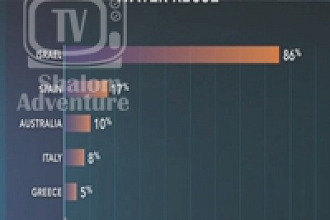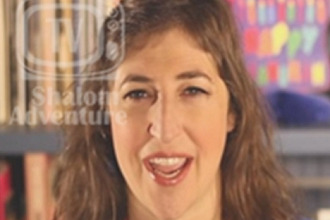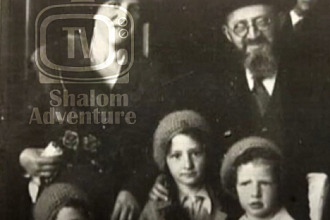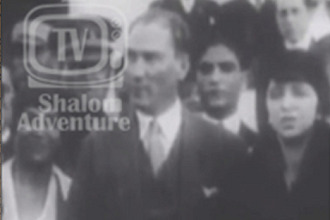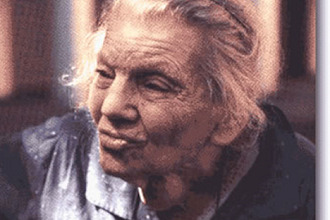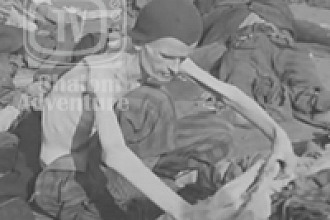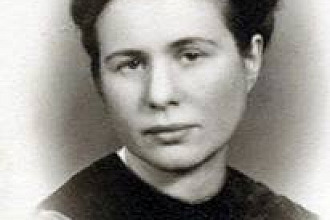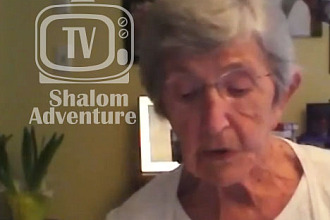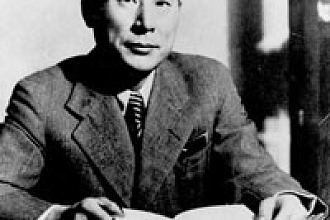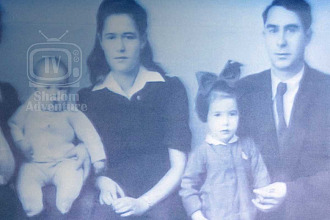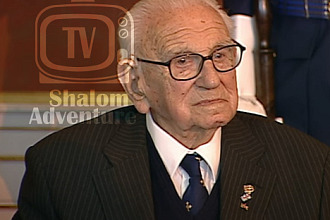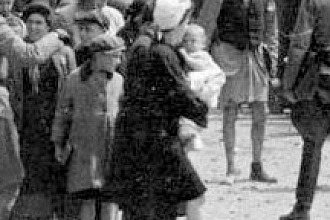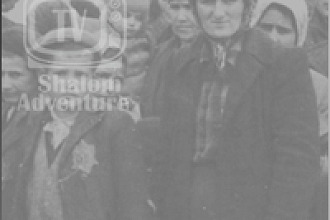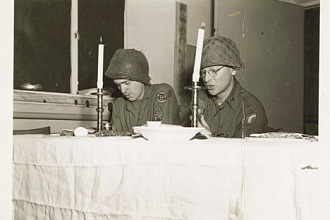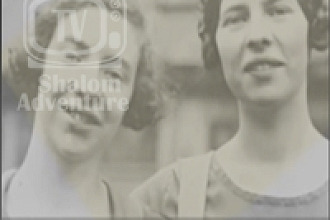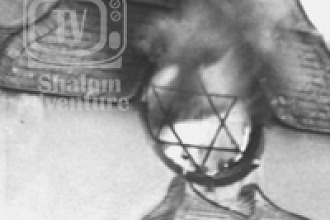Dr. Mohamed Helmy was born in Khartoum in 1901 to Egyptian parents. In 1922 Helmy went to Germany to study medicine and settled in Berlin. After he completed his studies, he went to work at the Robert Koch Institute in Berlin, but was dismissed in 1937. (A study conducted by the Robert Koch Institute in 2009 showed that the Institute was heavily involved in Nazi medical policy). According to Nazi racial theory Dr. Helmy was defined as a Hamit or Hamitic (the descendants of Ham, son of Noah) – a term adopted from 19th century racial science, defining the natives of North Africa, the Horn of Africa, South Arabia, including Ancient Egyptians. Not being of Aryan race, Dr. Helmy was forbidden to work in the public health system; he was also unable to marry his German fiancée. Moreover, in 1939 he was arrested together with other Egyptian nationals, but released a year later because of health problems.
Despite his being targeted by the regime, Helmy spoke out against Nazi policies, and notwithstanding the great danger, risked his life and helped his Jewish friends. When the deportations of the Jews from Berlin began, and 21-year old Anna Boros (Gutman after the war), a family friend, was in need of a hiding place, Helmy brought her to a cabin he owned in the Berlin neighborhood of Buch, which became her safe haven until the end of the war. At times of danger when he was under police investigation, Helmy would arrange for her to hide elsewhere. "A good friend of our family, Dr. Helmy...hid me in his cabin in Berlin-Buch from 10 March until the end of the war. As of 1942 I no longer had any contact to the outside world. The Gestapo knew that Dr. Helmy was our family physician, and they knew that he owned a cabin in Berlin-Buch," Anna Gutman wrote after the war. "He managed to evade all their interrogations. In such cases he would bring me to friends where I would stay for several days, introducing me as his cousin from Dresden. When the danger would pass, I would return to his cabin....Dr. Helmy did everything for me out of the generosity of his heart and I will be grateful to him for eternity."
Helmy also helped Anna Gutman's mother, Julie, step-father Georg Wehr, and her grandmother, Cecilie Rudnik. He provided for them and attended to their medical needs. He arranged for Cecilie Rudnik to be hidden in the home of Frieda Szturmann. For over a year Szturmann hid and protected the elderly lady and shared her food rations with her.
A moment of great danger occurred when the Wehrs were caught in 1944, and during their interrogation revealed that Helmy was helping them and that he was hiding Anna. Helmy immediately brought Anna to Frieda Szturmann's home, and it was only thanks to his resourcefulness that he managed to evade punishment by showing the police a letter Anna had allegedly written to him, saying she was staying with her aunt in Dessau.
Dr. Helmy remained in Berlin and was finally able to marry his fiancée. He died in 1982. Frieda Szturmann passed away in 1962.


